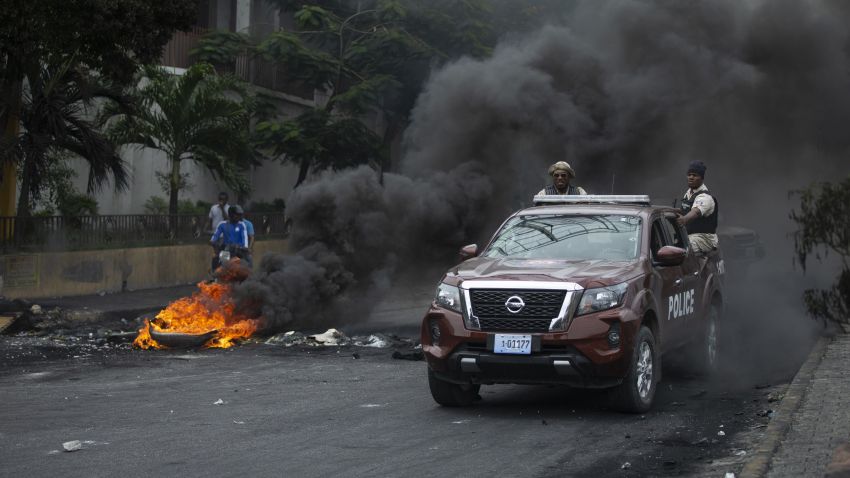This weekend will mark the first anniversary of the Aug. 14 earthquake in Haiti, which came just five weeks after the assassination of former President Jovenel Moise and just before a worsening wave of violence that continues to devastate the Caribbean nation. It has become tragically common in the Western Hemisphere’s poorest country for catastrophe to be followed by even worse calamities. True to form, last year’s tandem tragedies ended up serving only as prelude to even more disastrous upheaval.
This awful pattern helps explain why, as despair and terror grip Haiti once more, the international community may be experiencing a case of compassion fatigue. But it is hardly an excuse. If humanitarian concerns are not sufficient motivation, the prospect of even larger waves of desperate Haitians seeking refuge in other countries should prompt more determined action.
In recent weeks, the surging level of gang violence on the island has exploded out of control. Large sections of the capital, Port-au-Prince, are under the control of rival militias, creating a terrifying hellscape for the population. A United Nations statement from mid-July describes not only hundreds of killings, but conditions that make daily life an unending ordeal. “As part of their tactics,” the statement says, “some gangs have prevented the local populations from accessing basic commodities such as drinking water and food.”

